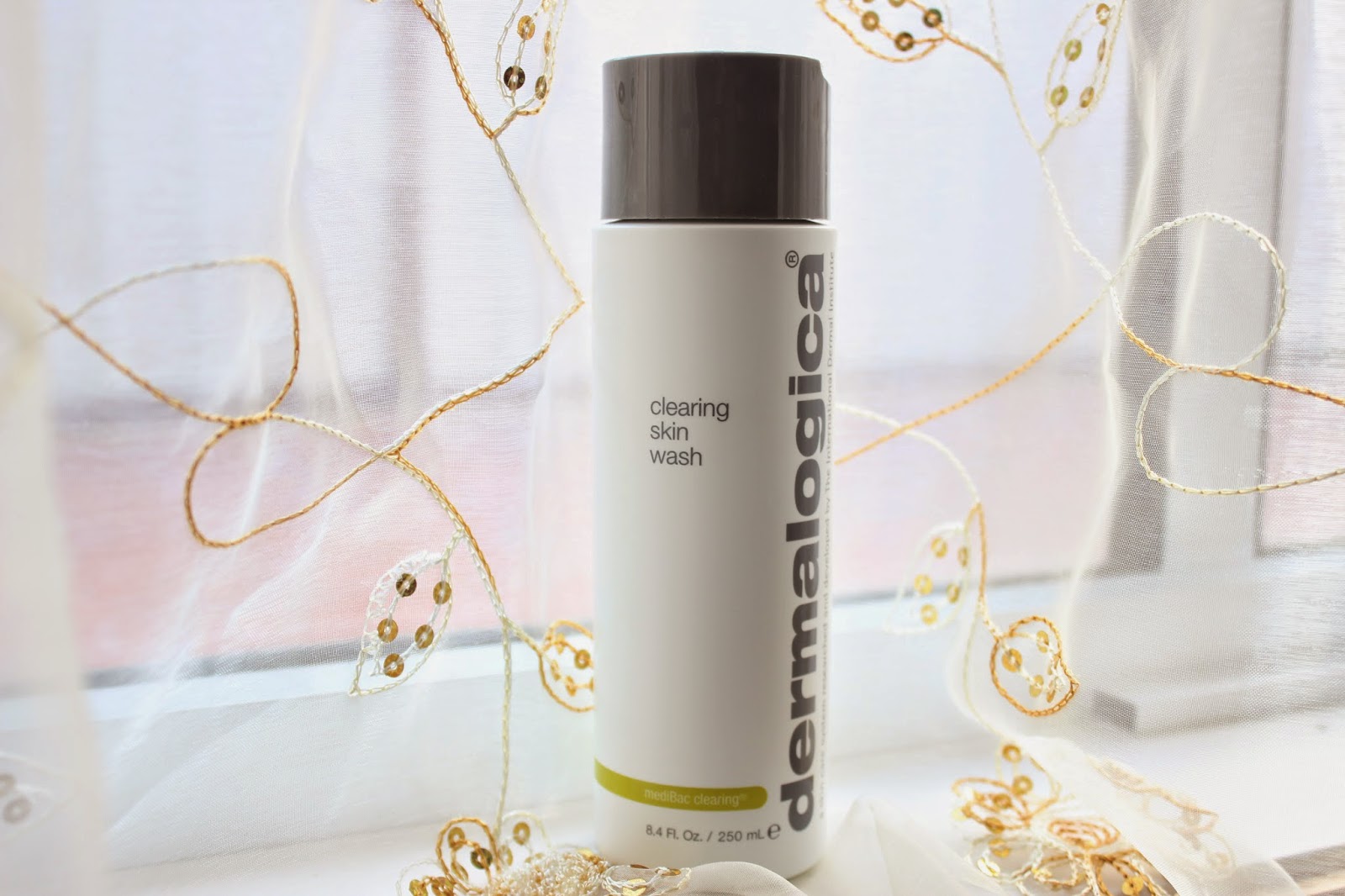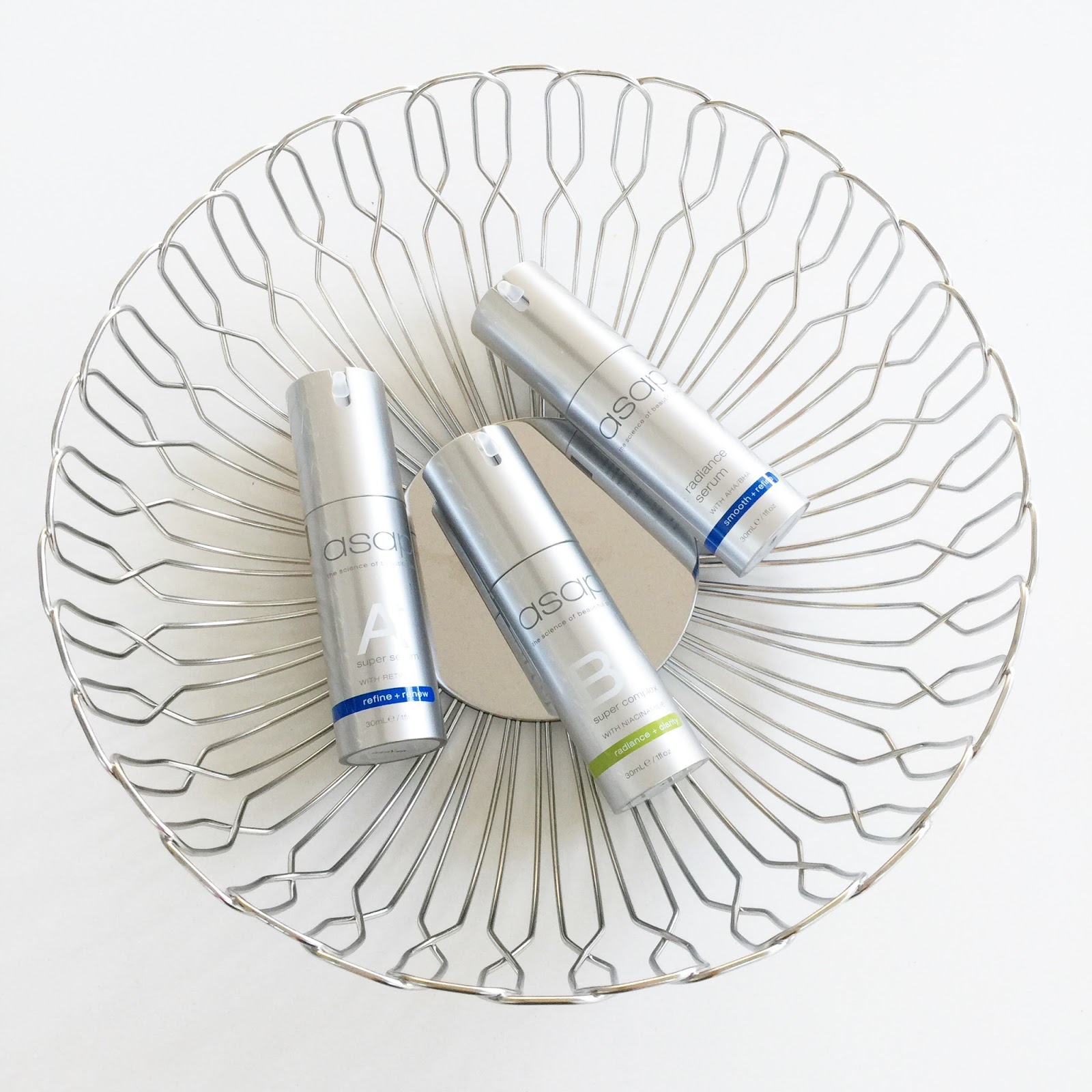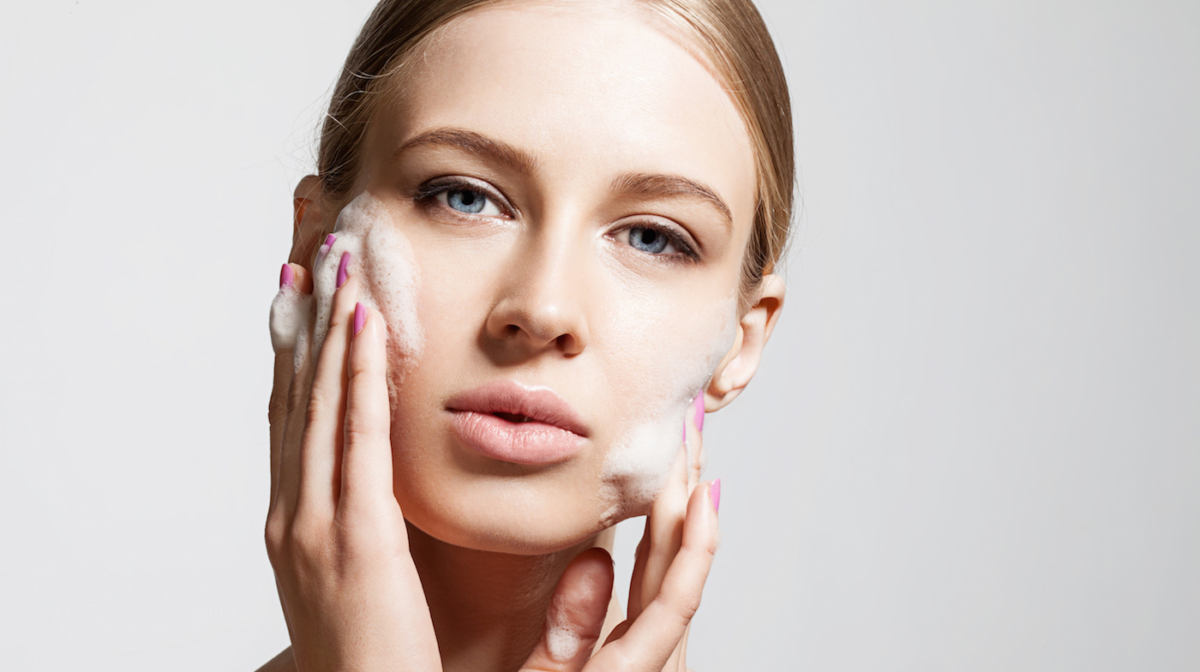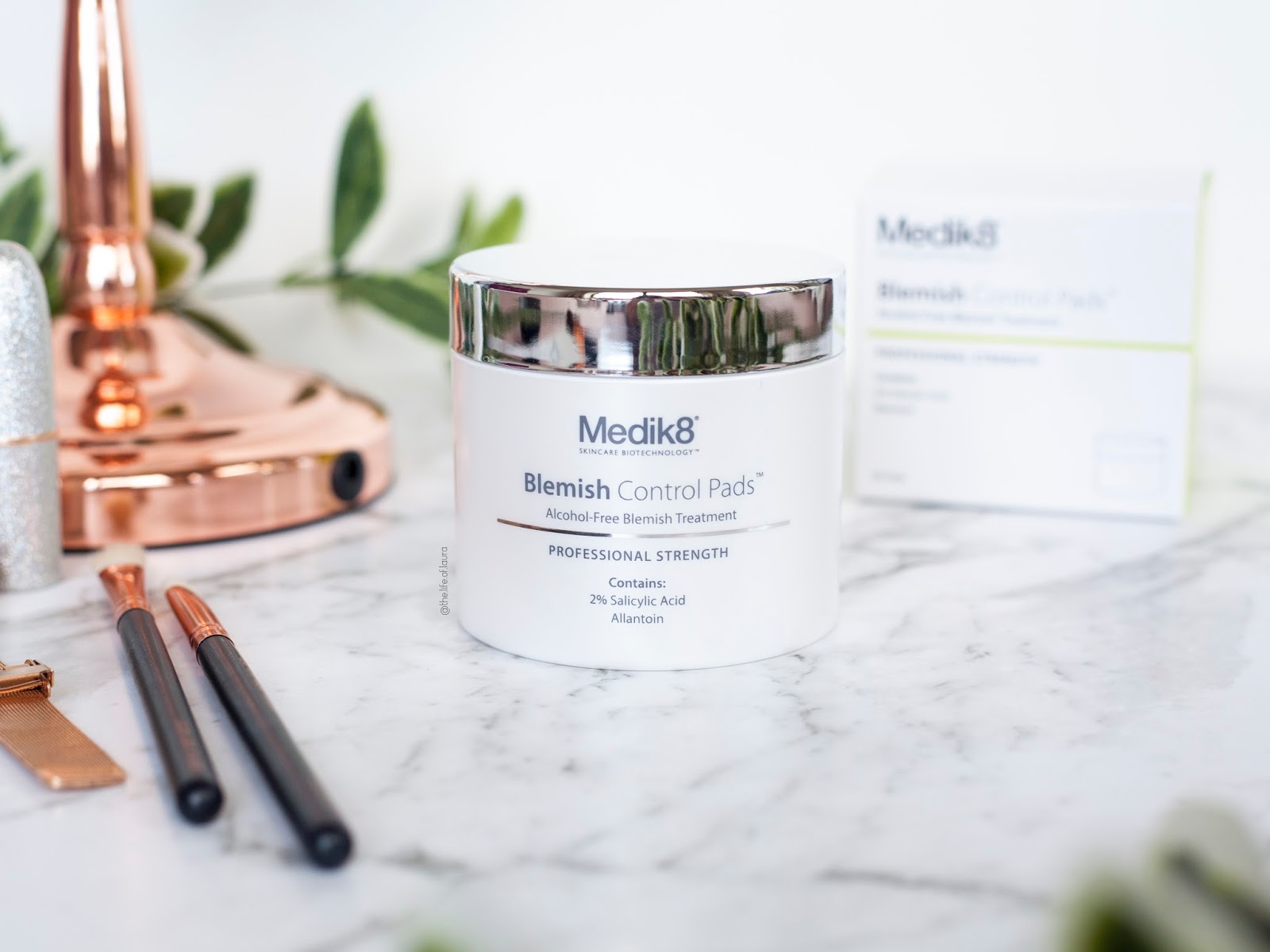BHAs, or beta hydroxy acids, are the lesser-known cousins of skincare superstars alpha hydroxy acids. BHAs are often overlooked as AHAs are so prevalent, but they actually have a whole range of properties that rival AHAs, dependant on your unique skin type.
What Are Beta Hydroxy Acids, and Why Does My Skin Need Them?
We set out to discover exactly what makes beta hydroxy acids so special, and how you can incorporate them into your routine for optimal results. Keep on reading to discover all about beta hydroxy acids, including whether your skin could benefit from them, and which BHA products our RY beauty experts recommend.
The Basics of AHAs and BHAs

Via Lacee and Lattes
Let’s go back to basics — what exactly are alpha and beta hydroxy acids? Well, they’re expert exfoliators for the skin, but they don’t take on a granular, rough texture like scrubs you’ve come to associate with exfoliating. Instead, AHA and BHA-enriched products are chemical exfoliants, working to gently break apart bonds on the skin’s surface, thus allowing dead skin cells to be buffed away without any manual action.
Although they’re both chemical exfoliants, alpha and beta hydroxy acids work differently. AHAs act on the surface of the skin, sloughing away dead skill cells for improved radiance, clarity, texture and tone. They’re also water-soluble, meaning they can be added to hydrating, water-based products ideal for normal to dry skin types.
On the other hand, BHAs work both on the skin’s surface and deep in the pores, meaning they offer unparalleled unclogging action! As a result, beta hydroxy acids should be your go-to if you have acne, breakout or congestion-prone skin. They’re also oil soluble, ensuring efficacy for oily skin types, and have natural soothing and anti-inflammatory properties. There are numerous types of BHA, however the term is often used interchangeably with salicylic acid, as this is the most common form.
Which One Is Right for Me?

Via Beauty & Lifestyle Hunter
When you’re choosing between alpha and beta hydroxy acids, basing your decision off your skin type is usually the way to go. Dry or mature skin types will prefer the hydrating boost of an AHA, whereas oily, acne-prone or sensitive skins are more likely to benefit from regular use of a BHA. That being said, the only way to really know is to try them out for yourself and see what results arise after a few weeks.
The two also aren’t mutually exclusive, and are often found coupled up in products for an intensely effective exfoliation boost. If you’re opting to use an AHA and BHA in two different formulas, be sure to start out with one and gradually work the other into your routine, or alternate day and night to avoid any potential irritation. After all, they’re both acids, and should always be spot tested on your hand if you experience sensitivities (AHAs in particular, as BHAs are anti-inflammatory).
Our Favourite AHA/BHA Formulas


